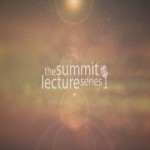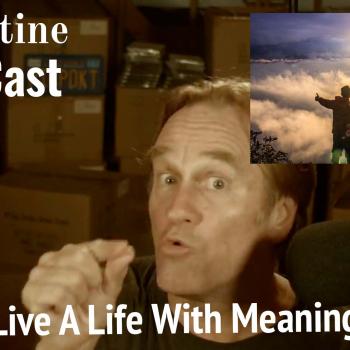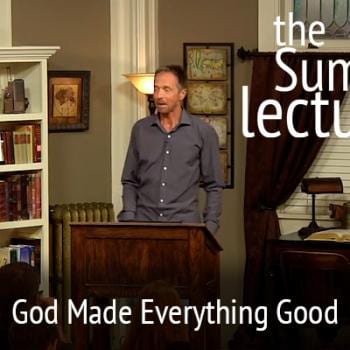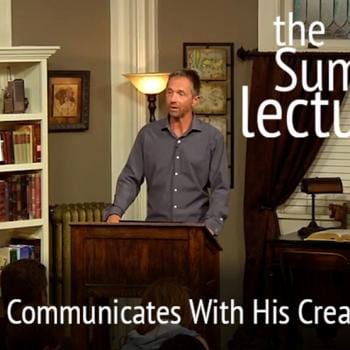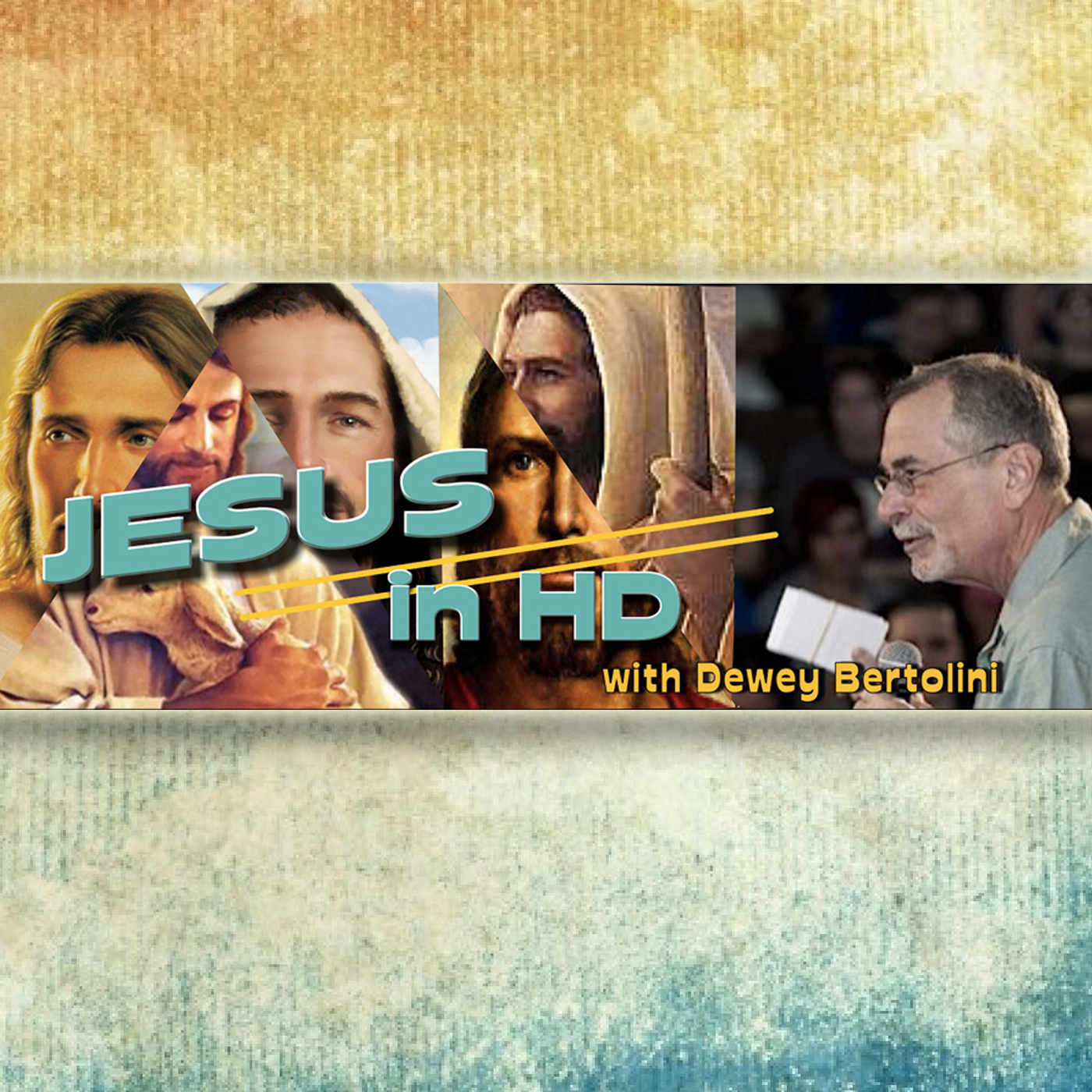
Day-Age Creationism is the idea that the days mentioned in the Genesis 1 Creation Story are not actual 24-hour days, but metaphorical days that stretch thousands of years, or even millions and billions. It’s a theory that’s only a couple centuries old, promoted by such notable “Old-Earth Creationists” such as Sir Charles Lyell, Lord Kelvin, and William Jennings Bryan.
Now, some say Augustine of Hippo believed in an “Old Earth”. But that’s a myth. Augustine wrote three commentaries on Genesis, and it’s clear he believed the days in Genesis 1 to be literal days and the genealogies and chapters 5 to 11 to be literal chronologies.
“[God] spoke, and they were made, He commanded, and they were created. Creation, therefore, did not take place slowly in order that a slow development might be implanted in those things that are slow by nature; nor were ht ages established at plodding pace at which they now pass. Time brings about the development of these creatures according to the laws of their numbers, but there was no passage of time when they received these laws at creation.”
Augustine of Hippo, “The Literal Meaning of Genesis”
Vol. 1, Book 4, Chapter 33, pg. 141
One of the Biblical arguments for Day-Age Creationism is the interpretation of Yom, Hebrew word for “day”. Sometimes Yom means more than a 24-hour day, as in Psalm 137, “The day of Jerusalem” or Isaiah 13:6, “The Day of the Lord”.
Five Contexts of Yom
1. A period of light.
“So it was always: the cloud covered it by day and the appearance of fire by night.” (Numbers 9:16)
2. A period of 24 hours.
“The seventh day is a Sabbath to the Lord your God. On it you shall not do any work…” (Exodus 20:10)
3. A general, vague time.
“Wail, for the day of the Lord is near; as destruction from the Almighty it will come!” (Isaiah 13:6)
4. A year.
“And the number of days that David lived in the country of the Philistines was a year and four months. (1 Samuel 27:7)
The problem with applying this interpretation of Genesis 1 is that everything is qualified with evening and morning and a number.
“And there was evening and there was morning, the first day.” (Genesis 1:5)
“And there was evening and there was morning, the second day.” (Genesis 1:8)
“And there was evening and there was morning, the third day.” (Genesis 1:13)
“And there was evening and there was morning, the fourth day.” (Genesis 1:19)
“And there was evening and there was morning, the fifth day.” (Genesis 1:23)
“And there was evening and there was morning, the sixth day.” (Genesis 1:31)
And every time in the Old Testament that a day is described in such a way, it’s in reference to a normal day.
“The next day Moses sat to judge the people, and the people stood around Moses from the morning till evening.” (Exodus 18:13)
“No leaven shall be seen with you in all your territory for seven days, nor shall any of the flesh that you sacrifice on the evening of the first day remain all night until morning.” (Deuteronomy 16:14)
“For forty days the Philistine came forward and took his stand, morning and evening.” (1 Samuel 17:16)
The main argument for the Day-Age theory comes from Psalm 90 and 2 Peter 3,
“For a thousand years in your sight are but as yesterday when it is past, or as a watch in the night.” (Psalm 90:4)
“But do not overlook this one fact, beloved, that with the Lord one day is as a thousand years, and a thousand years as one day.” (2 Peter 3:8)
But, the point is not the age of the earth.
The point is mercy.
“For they deliberately overlook this fact, that the heavens existed long ago, and the earth was formed out of water and through water by the word of God, and that by means of these the world that then existed was deluged with water and perished. By the same word the heavens and earth that now exist are stored up for fire being kept until the day of judgment… But do not overlook this one fact. Beloved, that with the Lord one day is as a thousand years, and a thousand years as one day. The Lord is not slow to fulfill His promise as some count slowness, but is patient toward you, not wishing that any should perish, but that all should reach repentance.” (2 Peter 3:5-9)
There is no reason to believe the earth is millions or billions of years old. God is infinitely powerful who created all things as instantly as we about it… when we understand the text.

